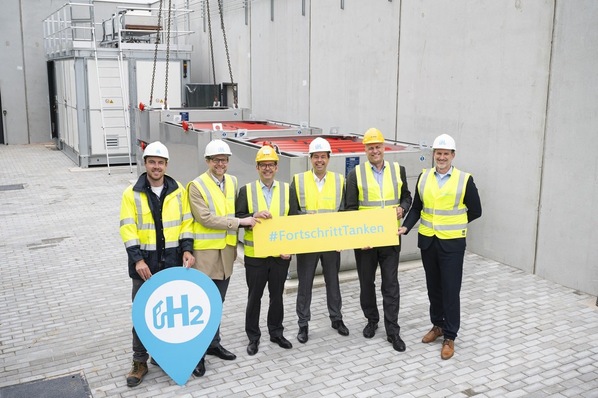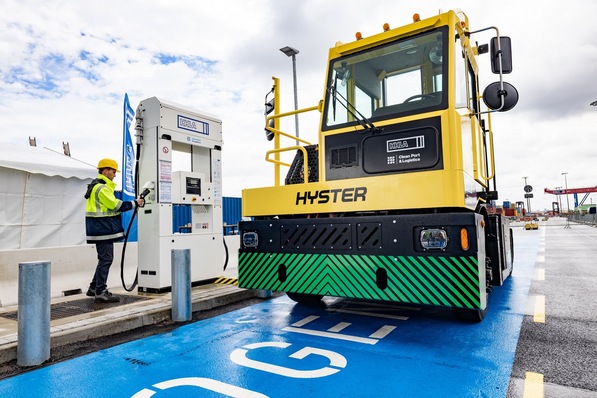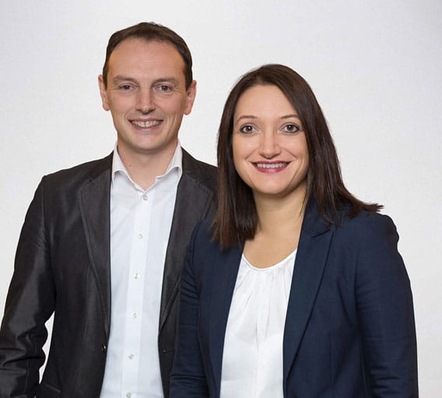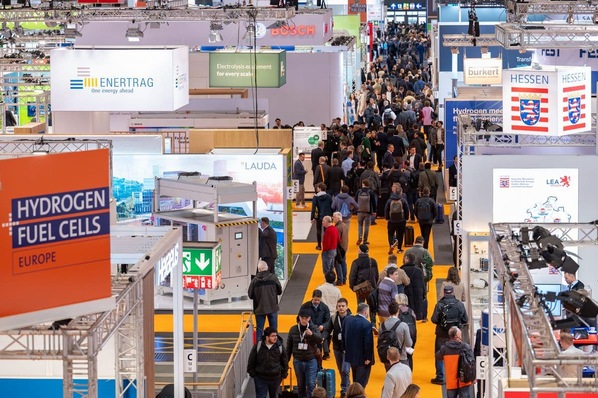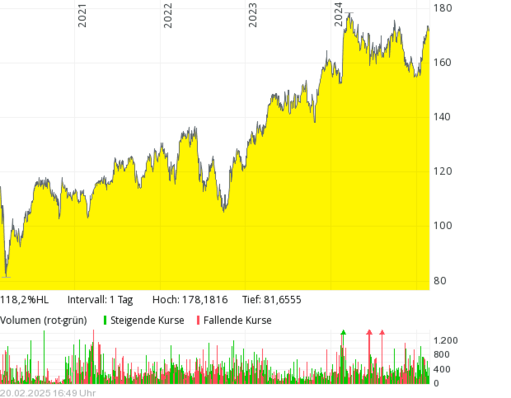The ramp-up of the hydrogen economy is a key element of the energy transition for the German Association of Energy and Water Industries (BDEW). According to a recent monitoring report commissioned by the Federal Ministry for Economic Affairs and Climate Action, around 0.2 gigawatts (GW) of new electrolysis capacity were installed in Germany in 2024 – more than twice as much as in the previous year. An additional increase of around 0.9 GW is planned for 2025. The share of projects in construction or financing phases has risen from four to twelve percent. However, only about one percent of the planned facilities are currently in operation.
BDEW Chief Executive Kerstin Andreae emphasizes that around 42 terawatt hours (TWh) of grey hydrogen are already consumed annually and will need to be decarbonized in the future. Demand is expected to increase significantly in the coming years, particularly in sectors that are difficult to electrify, such as steel, chemicals and cement.
Regulatory requirements could impact costs by up to 50 percent
BDEW points to significant cost risks resulting from regulatory requirements. Depending on location and production method, the levelized cost of hydrogen in 2030 could be influenced by regulation by up to 50 percent. According to BDEW, simply refraining from tightening the electricity sourcing criteria for the production of green hydrogen (RFNBO-compliant) from 2030 onwards could avoid a cost increase of 30 to 40 percent, or up to two to three euros per kilogram of hydrogen.
The association therefore calls for the EU delegated acts on low-carbon and renewable hydrogen to be designed in a way that is practical and internationally compatible. Only then can production costs be reduced and the market ramp-up accelerated.
Monitoring to identify funding needs along the value chain
According to BDEW, the monitoring is also intended to help identify funding needs along the entire hydrogen value chain. It can show which instruments have not yet been implemented and to what extent ongoing programs are already having an impact. The goal is to advance the overall and system-serving production and storage of hydrogen in Germany.
European cooperation required
BDEW emphasizes that Germany’s hydrogen ramp-up must be embedded in a pan-European context. Infrastructure, production capacities and import corridors must be coordinated across the EU. Together with other national and European associations, BDEW is calling on the German government to initiate a hydrogen alliance at the level of the EU member states and to take a leading role in this effort.




